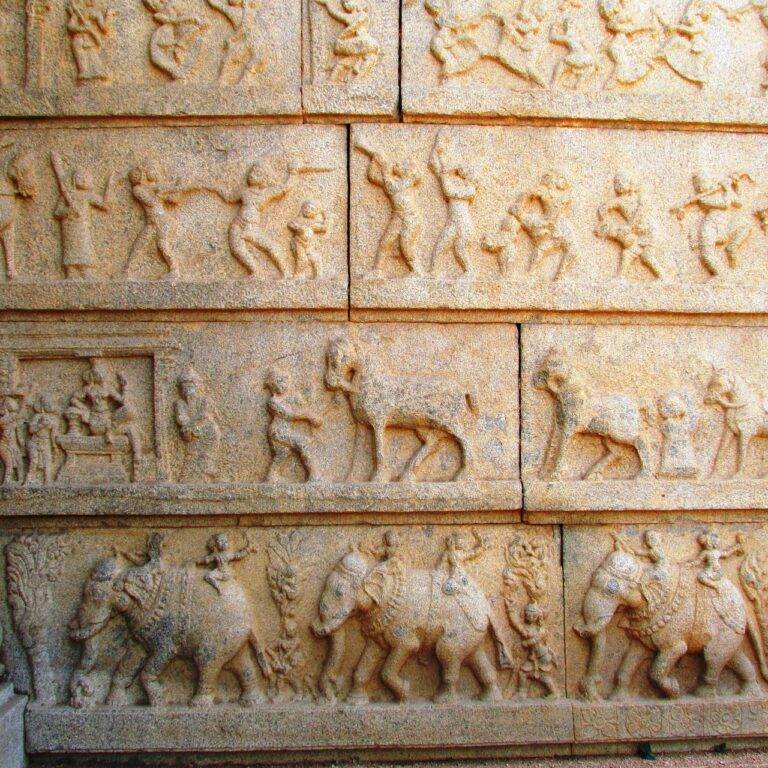The Role of Gender in Election Campaigns
Gender stereotypes play a significant role in shaping campaign messaging in the political landscape. From subtle language choices to overt characterizations, these stereotypes often influence how politicians are portrayed and perceived by the public. Such messaging can reinforce traditional gender roles and expectations, impacting the way voters engage with and evaluate candidates based on their gender.
The presence of gender stereotypes in campaign messaging can create barriers for candidates, particularly for women and individuals who do not conform to traditional gender norms. This can result in biased media coverage that focuses more on a candidate’s gender than their platform or qualifications for office. As a result, political campaigns must navigate these stereotypes carefully to ensure that their messaging resonates with a diverse electorate and challenges preconceived notions about leadership and gender.
Gender Bias in Media Coverage of Political Candidates
When examining media coverage of political candidates, a recurring theme that emerges is the presence of gender bias. Women candidates often face a higher level of scrutiny compared to their male counterparts, with their appearance, personal life, and demeanor frequently taking center stage over their policies and qualifications. This unequal treatment perpetuates harmful stereotypes and undermines the credibility of women in politics.
Moreover, the language used in media coverage can further reinforce gender biases, with women candidates often being described in terms that are perceived as negative or weak, such as “shrill” or “emotional.” On the other hand, men are more likely to be praised for their leadership qualities and decisiveness. These biased portrayals not only impact the public perception of candidates but also contribute to the perpetuation of an unequal and unfair political landscape.
What is gender bias in media coverage of political candidates?
Gender bias in media coverage of political candidates refers to the unequal treatment and portrayal of male and female candidates based on their gender. This can include focusing on different aspects of their appearance, personality, and qualifications.
How does gender bias affect political candidates?
Gender bias can affect political candidates by reinforcing stereotypes, limiting their opportunities for success, and influencing public perception of their abilities and suitability for office.
What are some examples of gender bias in media coverage of political candidates?
Examples of gender bias in media coverage of political candidates include focusing more on a female candidate’s appearance or personal life, while emphasizing a male candidate’s policy positions and experience. Additionally, female candidates may be portrayed as emotional or weak, while male candidates are seen as strong and decisive.
How can we address gender bias in media coverage of political candidates?
To address gender bias in media coverage of political candidates, it is important for journalists and media outlets to be aware of their own biases and strive for balanced and fair reporting. Additionally, promoting diversity in newsrooms and encouraging critical media literacy among audiences can help combat gender bias in political coverage.





